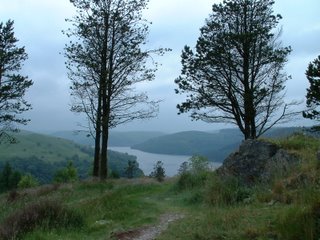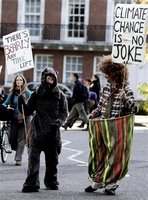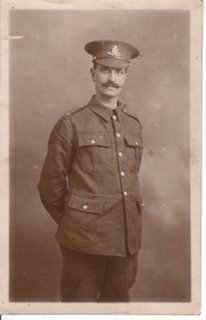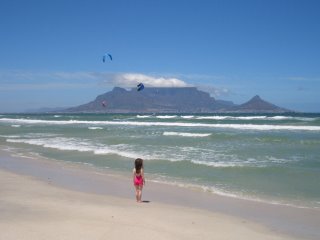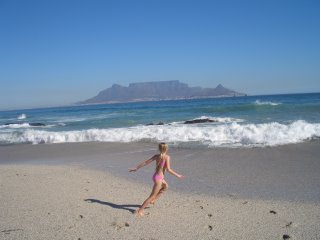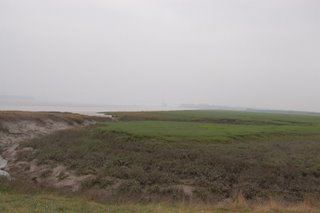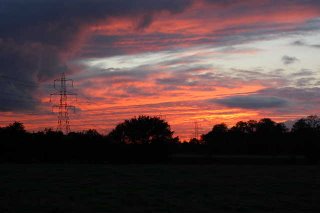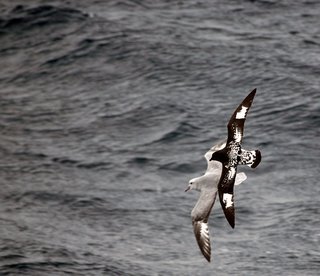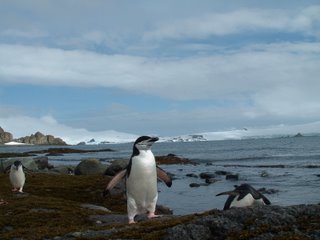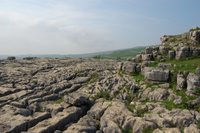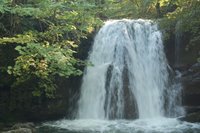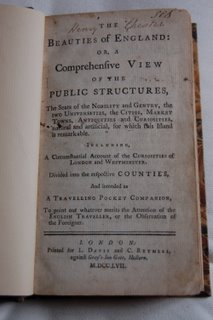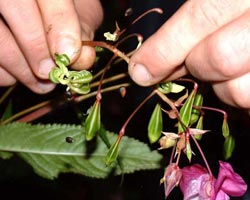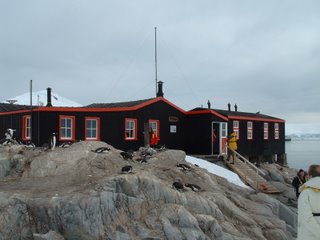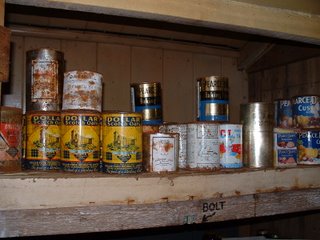

2. Butterfly Bush - Kettlewell, Yorkshire, September 2006
Review of the year 2006
There is no better day than 31st December to review the old year and make, if not New Year Resolutions, neccessary plans for adjustments to one's life bearing in mind the experiences of the past. Plans too, for the coming year, where to go for holidays, who would appreciate a visit, who could be invited to visit me? These questions can wait even though some entries in the diary are already pencilled in.
2006 has been a year of mixture and mixed emotions. My work at the Pearce Group has been busy and happy with the number of projects growing steadily to the situation now when I am needing assistance to provide support for all the different teams who rely on me to provide updated drawings and other head office support. I particularly like giving the training support for staff and also to our partners such as architects and contractors in the use of the Pearce Extranet - 4Projects and training and familiarisation for our own people in the use of Microsoft products, mostly Word, Excel and PowerPoint.
During the year I have joined the Bristol Ornithologists' Club and the Avon Bat Group as an active member of both. Several bird and bat excursions have been made and I hope to fill the diary again in the coming year. The geologists will not be neglected either, and at the moment WEGA - the West of England Geologists Accociation has its monthly winter lecture programme ongoing.
On personal matters, By Easter, Viki with whom I had gone on the wonderful cruise to Antarctica at the end of 2005, and I, decided for various reasons that our relationship was going nowhere. We are still good friends [I hope!] but are no longer visiting each other. To some extent, the flurry during the summer in joining in new activities was because of the gap in my life that had been left after Viki was no longer in the picture.
In September as reported earlier here, I enjoyed a tour to Yorkshire which was a wonderful break from the routine and which also gave me the opportunity to build up more experience in using my new Nikon SLR digital camera. I am still learning of course, but have had some pleasing results. Also as reported earlier, I went to the International Wildscreen event at Bristol's Watershed, where I was mixing, as an interested amateur with some of, if not a majority of the World's best wildlife photographers. I have yet to assimilate much of the excellent information I was given at that symposium, but if I have one new year resolution it is to do more photography.
New friends at home and abroad have been made during the year, and again some of those have been mentioned in here before. The ability to use virtually free telephone and text messaging using the internet services of Skype and Googlemail has proved invaluable. One of my special friends from Hungary is planning to visit Bristol in June and at the moment we are in the early planning stages for what must be seen and done.
I haven't visited my parents' old cottage since July, but gather from the neighbours that the new owners have finished all the renovations and have now moved in. It will be interesting to see what they have done and I plan to go and see them in a few weeks time. My brother and I still own the land, and so I do need to visit the tenant farmer from time to time and make sure that all is well with him.
Christmas - has been and gone, Stephen who is thriving and living in London, came up and stayed with his mother at her new house in Portishead before coming to visit me on Boxing Day. I wish a very Happy New Year to all visitors to my blog. Please drop by again and if possible leave comments.




